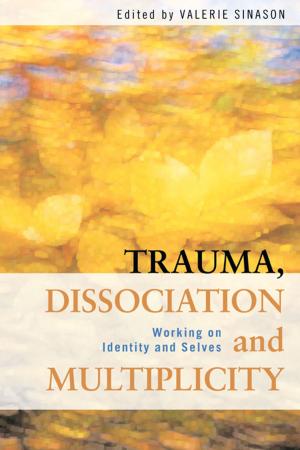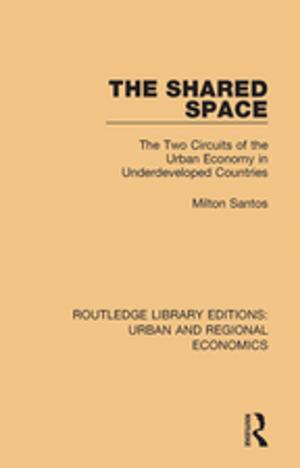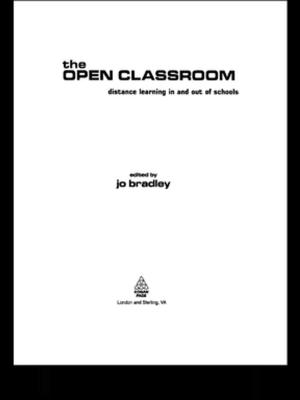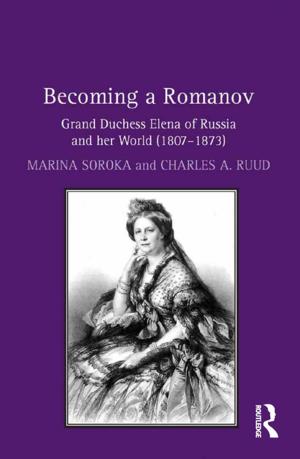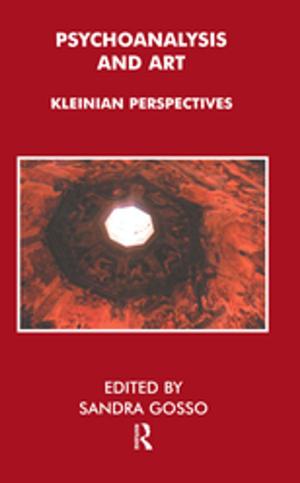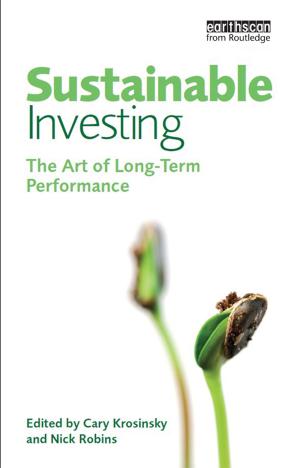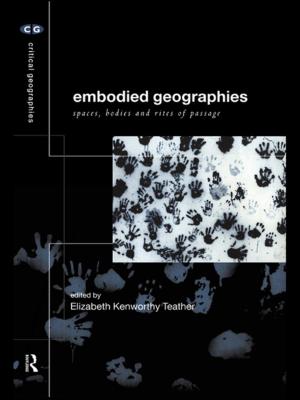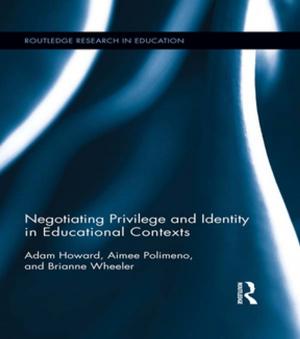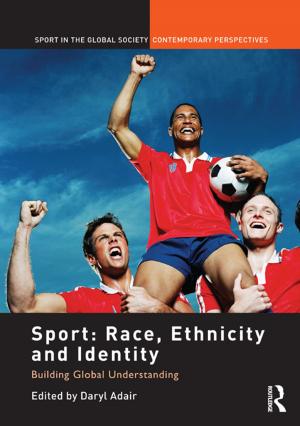| Author: | Gillian Douglas, Leslie Sebba | ISBN: | 9781351952248 |
| Publisher: | Taylor and Francis | Publication: | December 5, 2016 |
| Imprint: | Routledge | Language: | English |
| Author: | Gillian Douglas, Leslie Sebba |
| ISBN: | 9781351952248 |
| Publisher: | Taylor and Francis |
| Publication: | December 5, 2016 |
| Imprint: | Routledge |
| Language: | English |
This book of essays by legal scholars from the United Kingdom, Eire, Israel and Palestine explores the extent to which the recognition of the concept of children’s rights is affected by adherence to religious, cultural and ethnic traditions. The aim is twofold: first, to illuminate the interface between internationally-agreed norms of conduct regarding children and national and cultural determination to preserve traditional approaches; and secondly, to reflect upon the conflicts within societies between different cultural and religious groups in their attempts to determine whether 'liberal/secular' or 'conservative/religious' norms predominate in attitudes to children’s upbringing. This is the first collection of papers covering and comparing the UK and Israeli/Palestinian jurisdictions. The particular blends of social, religious and cultural diversity in both regions, mingled with the political factors operating as well, render these jurisdictions of special interest as case-studies in the reception of 'western/liberal' norms and values. Moreover, Israel and Palestine, despite their manifestly different cultures as compared with Britain, have been influenced by the colonial legacy of the common law, rendering this particular east-west comparison of special interest.
This book of essays by legal scholars from the United Kingdom, Eire, Israel and Palestine explores the extent to which the recognition of the concept of children’s rights is affected by adherence to religious, cultural and ethnic traditions. The aim is twofold: first, to illuminate the interface between internationally-agreed norms of conduct regarding children and national and cultural determination to preserve traditional approaches; and secondly, to reflect upon the conflicts within societies between different cultural and religious groups in their attempts to determine whether 'liberal/secular' or 'conservative/religious' norms predominate in attitudes to children’s upbringing. This is the first collection of papers covering and comparing the UK and Israeli/Palestinian jurisdictions. The particular blends of social, religious and cultural diversity in both regions, mingled with the political factors operating as well, render these jurisdictions of special interest as case-studies in the reception of 'western/liberal' norms and values. Moreover, Israel and Palestine, despite their manifestly different cultures as compared with Britain, have been influenced by the colonial legacy of the common law, rendering this particular east-west comparison of special interest.

